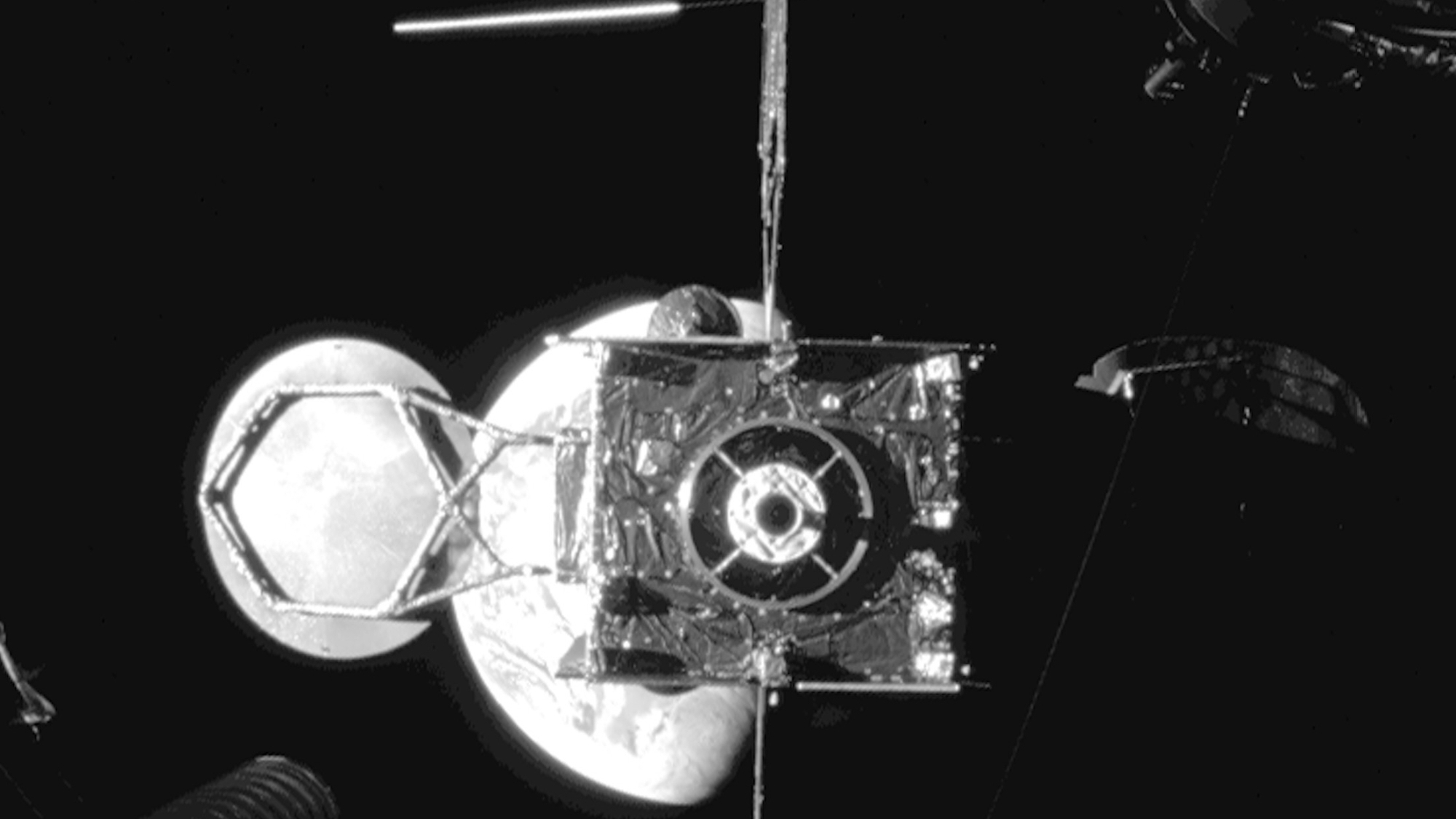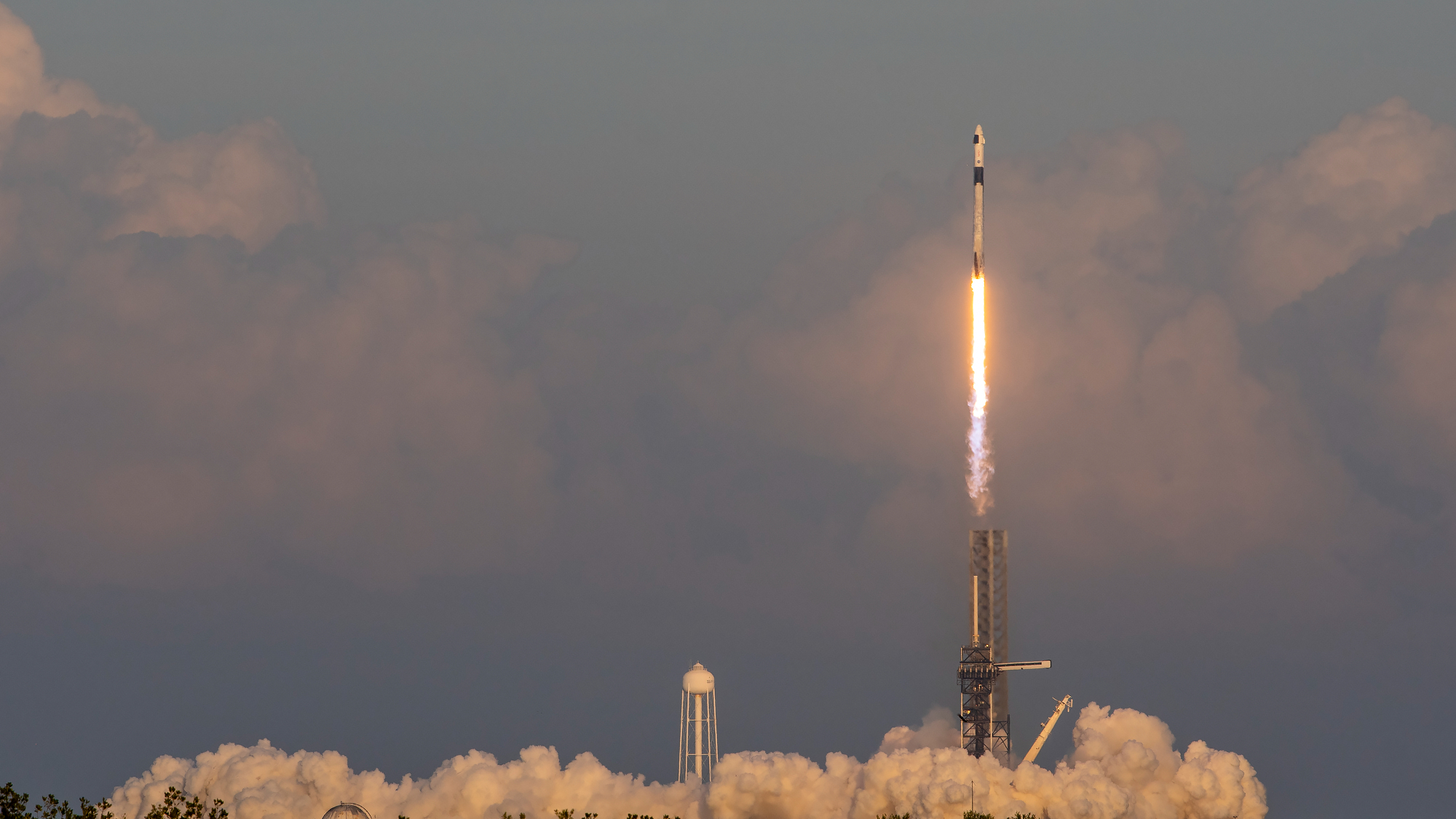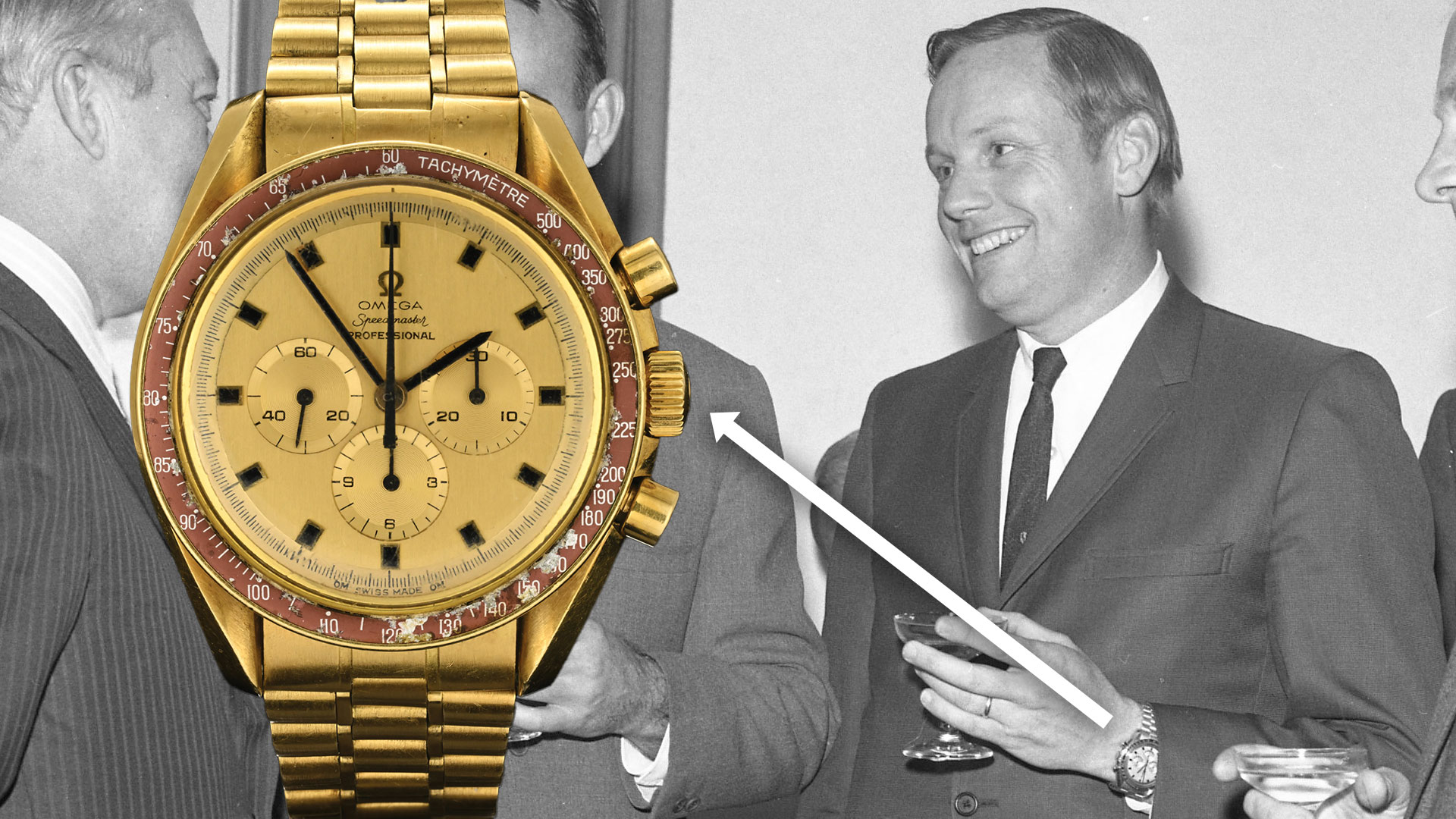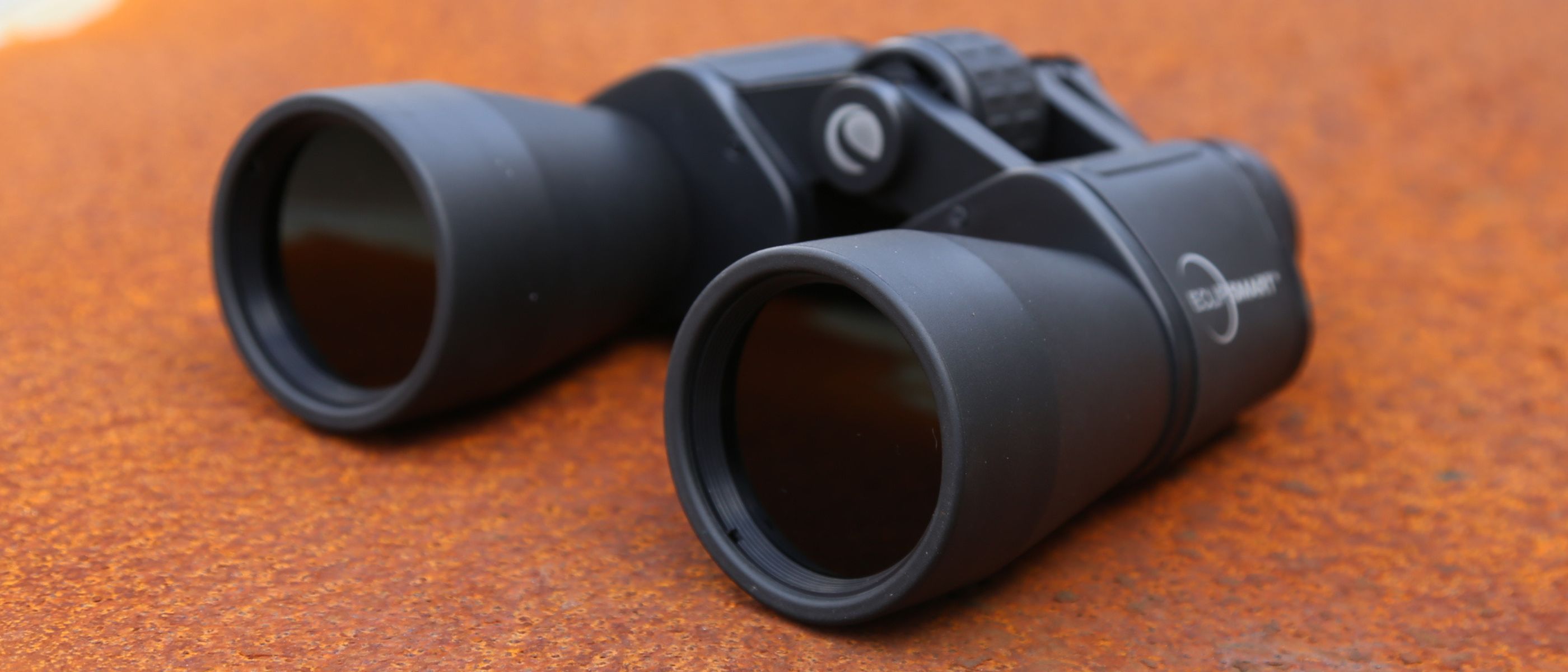NASA Sets Plan for Shuttle Sensor Fix

NASAengineers will remove parts of a suspect fuel tank connector for analysis and repair,work that will likely further delay the planned January launch of the shuttleAtlantis, the agency?s shuttle chief said Thursday.
Spaceshuttle program manager Wayne Hale told reporters that engineers will replaceexternal components of an oversized electrical socket on Atlantis? fuel tank beforesetting a new launch date.
?This isprobably going to not allow us to fly on Jan. 10,? Hale said in an afternoonteleconference. ?We?re probably going to be a little bit after that.?
A few extradays, or possibly weeks, will be required to complete the troubleshooting work,he added.
Atlantis? STS-122 constructionflight to the International Space Station (ISS) has been delayed sinceDecember, when fuel gauge-like sensors failed standardcountdown tests during two separate launch attempts. The sensors are vital,since they serve as a backup system to shut down a shuttle?s three main enginesbefore their fuel supply runs out.
Engineers trackedthe intermittent glitch to a so-called ?pass-through? connector that servesas a bridge for electrical connections running from the interior of Atlantis?fuel tank to the orbiter?s aft-mounted avionics bay. The connector consists ofinternal and external electrical sockets that plug into a central glass platewith embedded metal pins.
?We believewe are experiencing intermittent electrical system open circuits in thisarrangement,? Hale said, adding that the glitch occurs only when Atlantis? fueltank is fueled with its super-chilled liquid hydrogen and liquid oxygen.
Get the Space.com Newsletter
Breaking space news, the latest updates on rocket launches, skywatching events and more!
OnSaturday, engineers will remove the pass-through connector?s central plug andexterior wiring for additional tests in early January, Hale said.
?After thefirst of the year, when we start getting the first of these lab reports in, wewill begin to have a handle on our no earlier than launch date,? he added.
The leadingrepair option under discussion is a soldering method that will fuse theexterior electrical connections in the pass-through plug, which will avoid opencircuits caused by the movement of pins when the fuel tank is fueled. A similarfix was used on Atlas-Centaur rockets when they experienced engine cutoffsensor glitches, Hale said.
?We have ahigh degree of confidence that that will solve our problems,? he added.
Commandedby veteran shuttle flyer Stephen Frick, Atlantis? seven-astronaut crew istasked with delivering the European Space Agency?s Columbus laboratory to theISS during a planned 11-day mission. The spaceflight will be the first of possiblysix NASA shuttle flights slated for 2008.
?We?retaking this one step at a time,? said Hale, adding that any changes to the 2008shuttle flight schedule are secondary to fixing the current sensor glitch. ?Obviously,we?d like to fly as soon as it?s practical and safe to do so.?
- Top 10 Spaceflight Stories of 2007
- SPACE.com Video Interplayer: NASA's STS-122: Columbus Sets Sail for ISS
- VIDEO: ISS Commander Peggy Whitson Takes Charge
Join our Space Forums to keep talking space on the latest missions, night sky and more! And if you have a news tip, correction or comment, let us know at: community@space.com.

Tariq is the Editor-in-Chief of Space.com and joined the team in 2001, first as an intern and staff writer, and later as an editor. He covers human spaceflight, exploration and space science, as well as skywatching and entertainment. He became Space.com's Managing Editor in 2009 and Editor-in-Chief in 2019. Before joining Space.com, Tariq was a staff reporter for The Los Angeles Times covering education and city beats in La Habra, Fullerton and Huntington Beach. In October 2022, Tariq received the Harry Kolcum Award for excellence in space reporting from the National Space Club Florida Committee. He is also an Eagle Scout (yes, he has the Space Exploration merit badge) and went to Space Camp four times as a kid and a fifth time as an adult. He has journalism degrees from the University of Southern California and New York University. You can find Tariq at Space.com and as the co-host to the This Week In Space podcast with space historian Rod Pyle on the TWiT network. To see his latest project, you can follow Tariq on Twitter @tariqjmalik.










